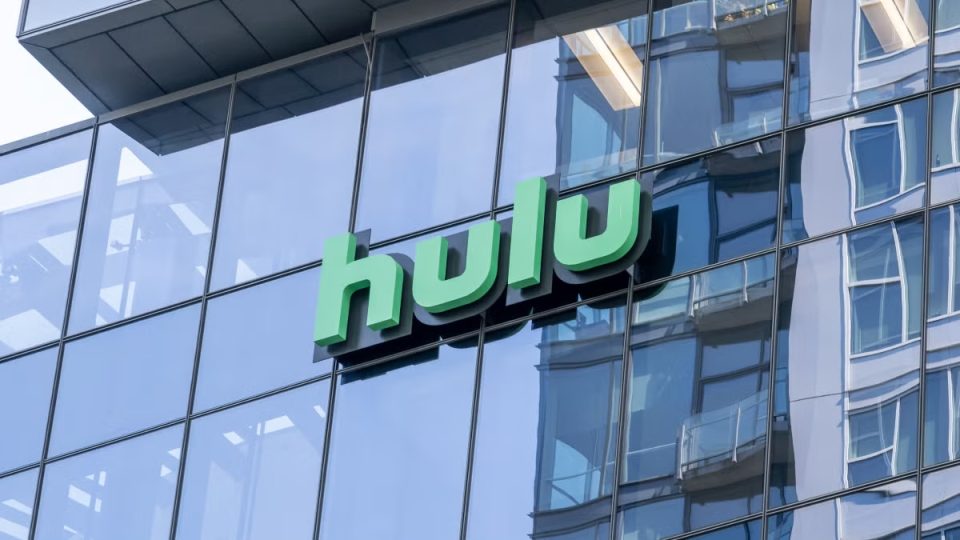The long-running saga over Hulu’s ownership has finally come to an end. The Walt Disney Company (NYSE: DIS) will pay Comcast (NASDAQ: CMCSA) an additional $438.7 million to acquire the last 33% of Hulu, bringing the streaming service fully under Disney’s control. The deal is set to close by July 24, 2025, marking a significant milestone in the evolution of the streaming industry and the end of a partnership that dates back nearly two decades.
Disney’s quest for full ownership of Hulu has been anything but straightforward. Back in 2023, Disney agreed to buy Comcast’s stake for $8.6 billion, based on a minimum valuation of $27.5 billion for the entire platform. However, both companies couldn’t agree on the final price. Comcast believed Hulu was worth billions more, while Disney argued it had already met its obligations. This led to a protracted arbitration process, with both sides hiring their own appraisers. When their valuations weren’t close enough, a third-party appraiser was brought in, ultimately landing on the $438.7 million figure Disney now owes.
Comcast had originally sought as much as $5 billion more than what Disney had already paid. The final sum, while not insignificant, is far less than Comcast’s expectations and keeps Disney’s total outlay for Hulu at just under $9.1 billion.
With this deal, Disney gains complete control over Hulu’s more than 50 million subscribers and its deep library of general entertainment content. This is a strategic move for Disney, which already owns the Disney+ and ESPN+ streaming services. By folding Hulu into its broader streaming ecosystem, Disney can offer more flexible bundles and a seamless user experience. CEO Bob Iger has said that integrating Hulu more closely with Disney+ and the forthcoming ESPN direct-to-consumer service will allow Disney to deliver greater value to consumers and compete more effectively in a crowded market.
The timing is notable. The streaming wars are entering a new phase, with companies focusing less on subscriber growth and more on profitability and engagement. Disney’s full ownership of Hulu gives it the flexibility to experiment with content, pricing, and packaging in ways that weren’t possible under the previous joint-venture structure.
For Comcast, the Hulu deal closes a chapter that began in 2007 when Hulu was launched as a joint venture between NBCUniversal and News Corp. Comcast’s NBCUniversal division used Hulu as a launchpad for its own streaming ambitions, but has since shifted its focus to Peacock, which now has more than 41 million subscribers. Comcast has said that Hulu generated nearly $10 billion in revenue for the company over the years and helped build an audience for NBCUniversal’s content.
Now, Comcast can invest more heavily in Peacock, which is being positioned as a sports and entertainment hub, and no longer has to worry about the complexities of shared ownership with a direct competitor.
The consolidation of Hulu under Disney’s roof is a reflection of broader trends in the media industry. As streaming matures, companies are looking to simplify their operations, cut costs, and create more compelling offerings for consumers. With Hulu, Disney can now make faster decisions about content, marketing, and technology, and can better leverage its vast library across all its platforms.
For consumers, this could mean more integrated streaming bundles and a wider range of content under a single subscription. For the industry, it’s a sign that the era of sprawling joint ventures is giving way to more focused, vertically integrated streaming giants.
The final payment of $438.7 million will be reflected in Disney’s third-quarter financials, but the company has said the deal won’t affect its earnings guidance for the year. As the July 24 closing date approaches, all eyes will be on how Disney leverages its new asset, and how its competitors respond.

